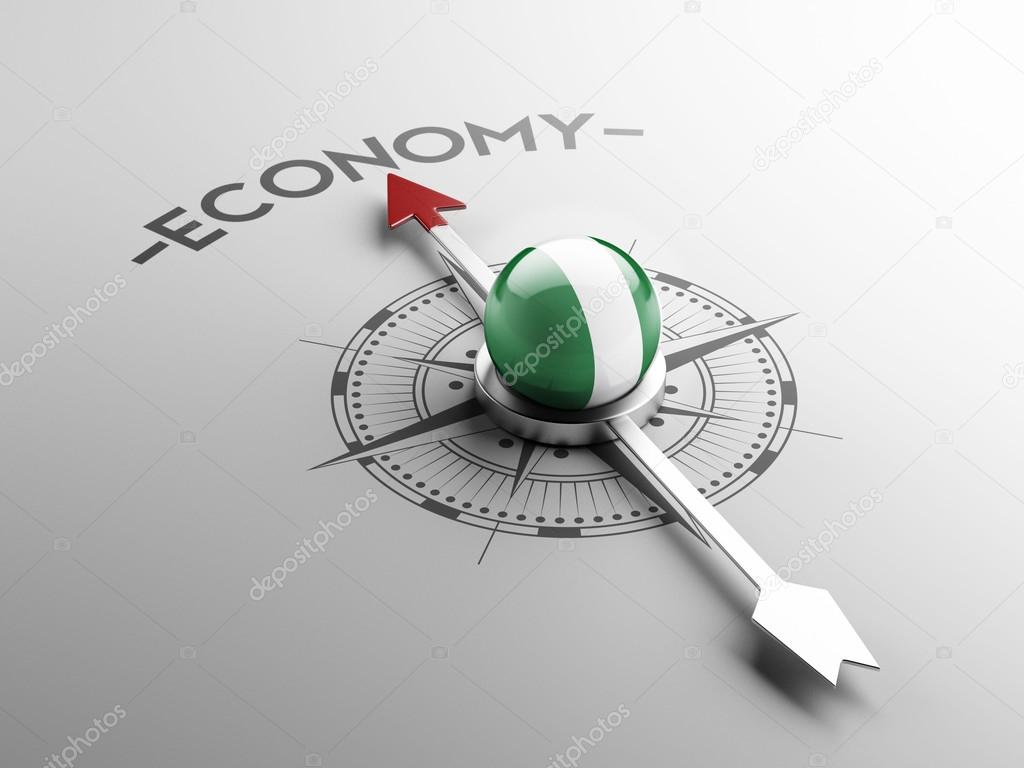Nigeria’s economy is on the verge of ‘unraveling’

The World Bank has issued a report stating the economic effects of the coronavirus epidemic will set private earnings in Nigeria, which has been the largest economy in Africa for four decades. The global pandemic has affected the whole financial environment in many countries and created millions of “new poor” especially in the countries with developing economies. Nigeria is particularly vulnerable due to its pre-pandemic economic condition, meaning that the unemployment rate, as well as the inflation, were already at their highest levels and the financial profits were not increasing -as well as its reliance on oil and remittances.
Covid-19 has taken the lives of thousands of Nigerians and the curfew has wreaked havoc on the informal economy. Half of the workforce in the country was jobless or unemployed and inflation had soared even more in recent months, foreign investments also fell and the experts expect the economy to fall by more than 4%. The world bank said that if Africa’s largest oil producer is to escape a lengthy recession, it would have to adopt a series of possibly politically controversial changes.
The Head of the World Banks’ mission in Nigeria, Shubham Chaudhuri, said that this is not just a crisis in Nigeria, the reaction to this crisis will define the future of the next several decades. He also added that there is room for the opportunity to avoid going back to business as usual, but the risk of the economy collapsing is utterly real.
MR. Chaudhuri welcomed the government’s efforts which were prompted by the pandemic-related economic crisis, to eliminate a billion-dollar-a-year fuel subsidy, hike power rates, and move toward the exchange rate that is market-driven. Even though the government has made some of the significant moves during the pandemic it is important for them to keep the same pace. One of the greatest examples, in this case, is the shocks that the country faced in the 1980s, which affected the development pace significantly not only in that period of time but for the next decades as well.
A very similar case was in 2015-2016 when the economic recession took place, which was also followed by the slump of the oil price, however, the government cannot muddle through the same way at that time, because the whole world is in the economic crisis, not only Nigeria and the Official Development Assistance is not allocated in the country with the same amount as it was before.
Nigeria is one of the biggest hubs of the financial market when it comes to forex or crypto-industry. The demand for the industry was also high during the covid crisis, since people were trying to find alternative ways to generate their finances. However, due to the crisis people have fewer savings that they could invest and since forex is popular in Africa, there are many brokerage companies that were seeing a shortage of traders, so they started offering their clients to trade Forex with no deposit which means that they were free from paying to the company before actually making the profits out of the trading process.
The world bank has also published a report about the annual development of Nigeria, which has outlined the importance of getting close to the exchange rate which is market-driven, to reopen the land borders, to ease the forex restrictions. The importance of changing the tax system is also crucial, as well as the easing process of transferring cash to those who were vulnerable during the financial crisis due to the covid.
The numbers that were published in the report were significantly worrisome since it forecasts the estimated number of 15m to 20m Nigerians to be driven into poverty by 2022. Nigeria would lose 14 years of per capita income due to Covid-19 in the next following years, reverting to the same levels as in 2010, which can also be compared to the same events in 1980. Other developing economies are expected to lose the average income in seven years, which makes a big difference between them and the Nigerian economy.
According to the bank, the oil price decline would result in the government revenues plummeting by roughly to say 2% of GDP in 2020. Remittances, which made up about 5% of GDP last year, are expected to drop by 20% this year. The country is also facing major problems domestically, meaning escalating instability and tensions as a result of growing unhappiness among the country’s expanding number of jobless young, as seen by the violence that erupted in Lagos in October following a crackdown on nonviolent anti-police brutality rallies.
World Bank Report
Nigeria’s GDP is expected to fall by 3.2% percent in 2020, according to the study “Nigerian times of Covid-19: laying foundations for a strong recovery”. This forecast assumes Nigeria by the third quarter of 2020 and if the virus spreads more widely, the economy might decline much more. Before the covid pandemic hit, the economists in the country were expecting growth by 2.1% in 2020, however, the impact of the pandemic has been the economic reduction in growth by 5%, so far.
The macroeconomic impacts are expected to be even more severe, even if there will be a tendency of containing the virus. The proportion of the role of Oil in Nigeria’s export, banking sector, and general government revenue, is 80%, 30%, and 50 % respectively. The decrease of the Oil price means the decline of the revenues in the country while during the pandemic it is more important to have the funds for containing the covid outbreak and stimulate the economy. Meanwhile, the pandemic has already played an important role in dropping the private investments due to the increased uncertainty and it is projected to lower remittances to Nigerian families which have recently been higher than the sum of foreign direct investment and the Official Development Assistance (ODA grants).
It should be also mentioned that the government has already made important steps towards containing the covid outbreak to recover from the economic shock. There are five important areas that help the country to survive the pandemic. Containing the outbreak should make the country ready for another outbreak, the macroeconomic tools can be used to boost the investor’s confidence in the country when the role of foreign investments in the country is utterly big. It is also important to mobilize the revenues and also, prioritize public spendings. Last but not least, the government should have a full focus on the poor and economically vulnerable communities.







